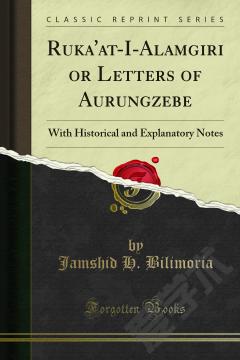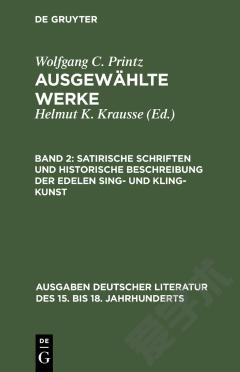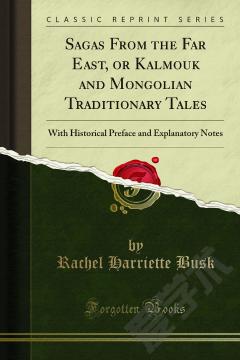Ruka'at-I-Alamgiri or Letters of Aurungzebe —— With Historical and Explanatory Notes
-----
There are three collections of Aurungzebe's letters. First, the Ruka'at-i-Alamgiri, or the Kalimat-i-Taiyibat, collected and published by Inayat Allah, one of his principal secretaries; second, the Rakaim-i-Karaim, by the son of another secretary Abdul Karim Amir Khan; and third, the Dastur-al-Amal Aghahi, collected from various sources thirty-eight years after the emperor's death by a learned servant of Raja Aya Mal under the Raja's order. There is still another collection bearing the name of the Adab-i-Alamgiri, and comprising letters written by Aurungzebe to his father, his sons, and his officers.These letters have no dates and have no order. I have tried my best to assign dates to most of them. But it is impossible to do so in the case of each and every one of them, as some of them have no historical connection. Most of the letters seem to have been written when Aurungzebe was engaged in his great Deccan War (1683-1707), especially during the latter period of the war.These letters generally depict Aurungzebe's private life. Occasionally they allude to minor historical events which happened in his or in his father's time. They exhibit Aurungzebe as a just, kind, and lenient king and as a religious and devout Mohemadan. Again they display his orthodoxy and fanaticism which brought ruin to his house and empire after his death. In these letters we find Aurungzebe giving advice to his sons about the duties of a king, - how to govern the state by preserving order and peace in the kingdom and by protecting the person and property of the subjects.
{{comment.content}}








 京公网安备 11010802027623号
京公网安备 11010802027623号